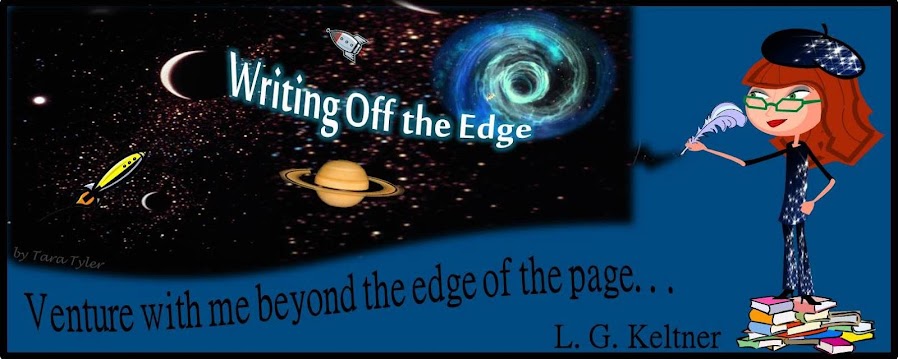Today, I wanted to talk a little bit about one step in the writing process. Revision. This is the step where we polish our words so they can shine in the world. Or at least, we hope this will be the case.
For me, revision is the most difficult part of the writing process. The fevered excitement of creating that first draft has faded. You know that first draft isn't perfect, and if you're going to turn it into something you can truly be proud of, you need to dive back in with a critical eye. You need to understand which parts of your story work. You need to understand were the weaknesses are. You need to see how each scene contributes to the story as a whole. Without those crucial pieces of knowledge, you cannot tell your story in the most effective way possible.
I can honestly say that I've always struggled a bit with revision. It can be difficult to motivate myself to revise, because I want to tell new stories. I also don't know where to start. If you jump in without a plan, it can all be a bit overwhelming. I'll share my current revision strategy with all of you. It seems to be the best method for me thus far.
- Have someone you trust read your work. They will be more able to point out the flaws you've missed, because you're too close to the project.
- After having stepped away from the project for a few days, go back and give it a thorough read through. Have a notebook available and make notes as you go. Ask yourself what the goal of each scene is and how it relates to the overall story, how well you think you accomplished the goal of the scene, and what changes you think you might like to make. If you find the scene doesn't actually contribute to the overall plot or character development, consider getting rid of it altogether. You may like a scene, but that doesn't make it essential.
- Begin your rewrite with those notes in hand. You may come up with new ideas as you go (and that certainly isn't a bad thing), but it will help to have a reminder of the issues you need to address.
- Once the rewrite is complete, have someone else take a look at it. It's important to know whether the changes you've made are successful ones.
- If all has gone well, your next look at the story will be a quick polish where you look for grammatical and spelling issues. Make sure you've made the most effective word choices you can.
Keep in mind, steps 1-4 may need to be repeated more than once before you proceed to the final polish. This is not a pleasant fact to face, but if you're passionate about writing and truly want to do this, you may need to confront that reality head on.
 |
| Image courtesy of Idea go / FreeDigitalPhotos.net |
Anyway, I know there's no single correct method, but this seems to be the one that works for me. It gives me an organized plan of attack, and I need that.
Do you enjoy the revision process, or do you dread it? What method do you use? Do you have any handy revision tips?


Excellent tips. I find revision both more rewarding and more frustrating than first draft. I like having a rough draft completed, but as you say, knowing where to start sometimes is the hardest part. And then there's cutting my favorite scenes . .
ReplyDelete........dhole
I admit - I enjoy the revision process the most.
ReplyDeleteI revisit those step several times. I have test readers who see it first and critique partners who see it later.
I enjoy revising. My first drafts are basically general ideas/outlines padded with a lot of repetition and adjectives. To me the whole revision process allows me to see further and further into the story. It's almost like discovering a whole new story each time.
ReplyDeleteI agree, having someone read your writing is important.
In my case, steps 1-4 have been repeated many times, but each time leaves a better manuscript in its wake.
ReplyDelete